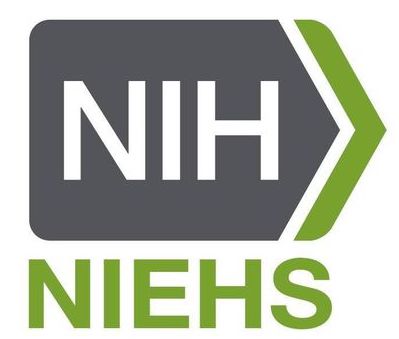A new website of data resources, tools, and training materials that can aid researchers in studying the consequences of climate change on the health of communities nationwide is now available. At the end of July, NIEHS launched the Climate and Health Outcomes Research Data Systems (CHORDS) website, which includes a catalog of environmental and health outcomes data from various government and nongovernmental agencies.
The resource is one of a few planned as part of a three-year, $4 million project funded in 2023 by the Patient-Centered Outcomes Research (PCOR) Trust Fund. NIEHS competed with other agencies for the funding to build up data systems that will improve patient or population health. The website, and its catalog of publicly available datasets, and the CHORDS project are part of the NIH Climate Change and Health Initiative (CCHI), an effort focused on addressing the health effects associated with a warming planet.
The website provides a few resources of interest, including a catalog of data resources to aid researchers in finding relevant data for their specific research projects; an online training toolkit that provides tutorials and walk-throughs of downloading, integrating, and visualizing health and environmental data; a listing of publications of note on wildfire and health research; and links to existing resources, such as the NIEHS climate change and health glossary and literature portal.
The catalog includes a listing of dozens of data resources provided by different federal and state environmental and health sources. Users can sort the listing based on environmental and health measures of interest — such as specific air pollutants or chemicals — from data providers including NASA and the U.S. Environmental Protection Agency with many more to come.
In addition, users can search the catalog by keyword, such as “PM2.5,” which is a measure of air pollution, and the population studied. They can then drill down into the information available and narrow their results to specific domains such as environmental justice, climate change, or electronic health records.

